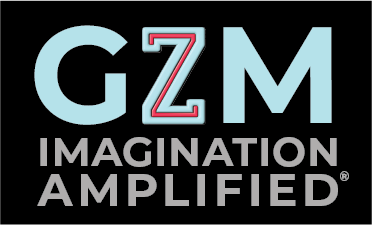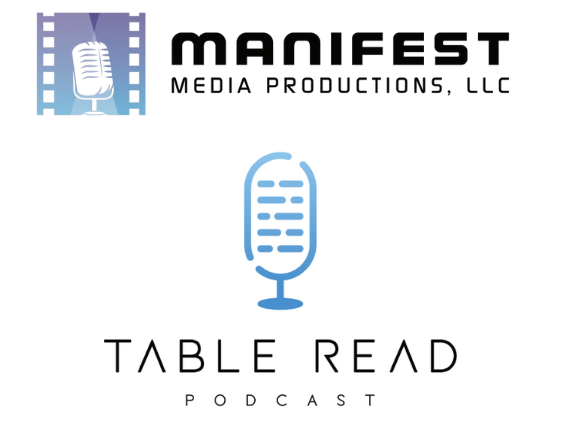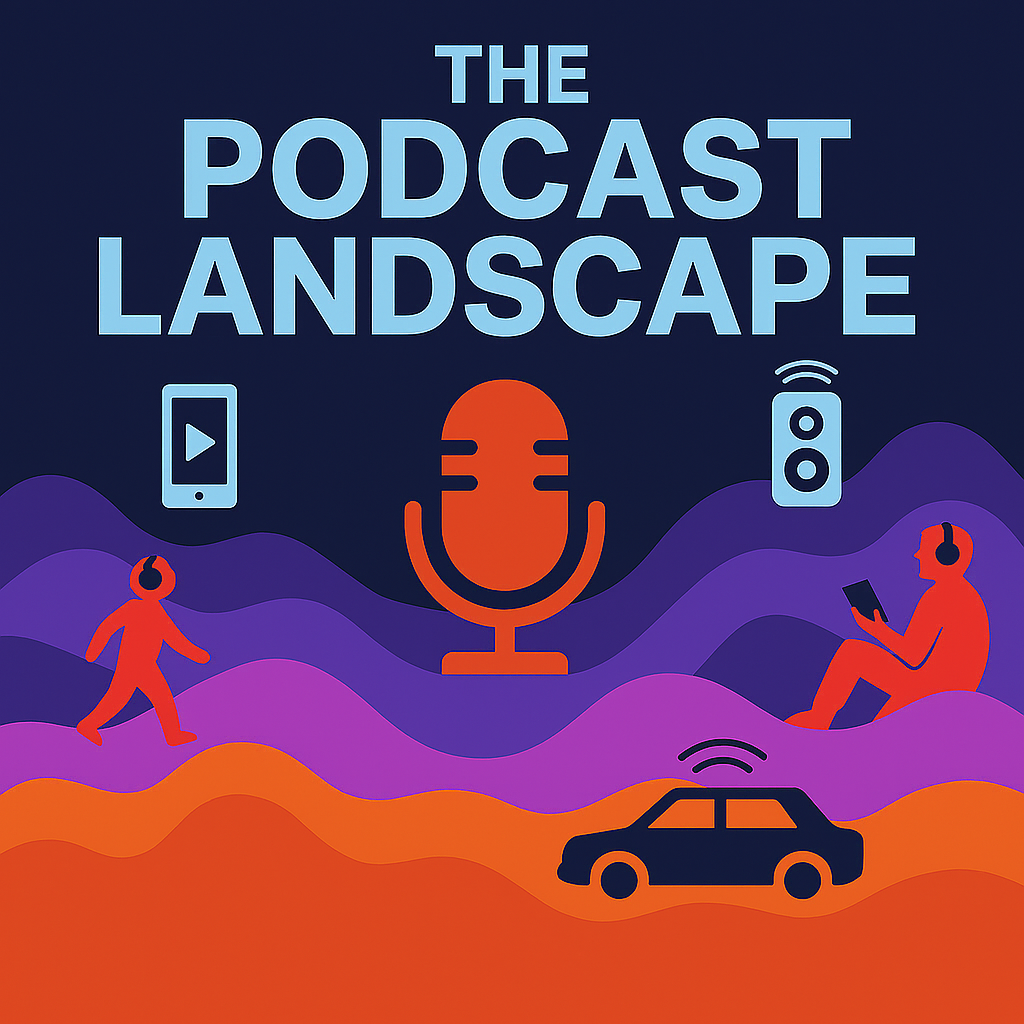Netflix Is Getting Serious About Video Podcasts by Lucas Shaw
Last week we covered several instances of companies being approached by Netflix for video podcast licensing deals that would make full episodes of signed shows exclusive to the platform. Ashley Carman in her Soundbite newsletter added some further context from sources familiar with the matter. According to her sources, the deals are experimental in nature at one year in length, and are relatively low in money offered. Some of the larger shows in the conversation likely even make more on their own in the open web than the exclusivity contract offers. Lucas Shaw’s new piece notes the streamer is following a similar strategy to how it established TV and film production. Netflix got into the TV game in a serious way by licensing existing popular content, while also funding original content. Now with video podcasting they’re clearly interested in licensing existing content in the short term, while Shaw’s sources say they’re also reaching out to creators to make video podcast content specifically for Netflix.
The Podcast Host has published the results of their Indiepod survey, built from the responses of 558 independent creators with the goal of understanding the current state of independent podcast production. 25% of respondents have been podcasting for less than a year, with 1-3 years’ experience and not-yet-launched tying for second place with 19% and 3-5 years scoring 15%. Excluding pre-launch respondents, the top three biggest challenges for surveyed podcasters are audience engagement (32%), making money (39%), then growing and audience/discoverability (72%). 85% of respondents say their podcast is not making money. Though, as the report notes, elsewhere in the survey only 9% identified revenue and profitability as a primary measure of success. Profitability didn’t crack the top three of the “ultimate goal for your podcast” section, either. As a result, the low number of profitable podcasts might be a result of the majority of podcasters surveyed not specifically prioritizing monetization.
Should Shows Have Production Credits? by Eric Nuzum
Everyone working on a podcast should be credited for their work, a sentiment Nuzum heartily agrees with. But he also highlights the tradition of ending out podcast episodes with a vocal curtain call of everyone involved might be harming the listen-ability of podcasts. Rolling credits is a signal to the audience it’s time to pick up the remote, or unlock the phone, and start browsing for something else to consume. A signal the content is over, accidentally shooing the audience out the door to go find something else, instead of sticking around and letting things roll into the next episode. In an on-demand medium where attention and retention is king, Nuzum argues the solution to this structural issue – a vestigial remnant of broadcast media – is putting credits somewhere prominent outside the audio or video.
As for the rest of the news…
- Podcast Business Journal has a new interview with DAX US President Brian Conlan about DAX’s role in the industry, and how in some ways audio measurement is “broken.”
- Lemonada Media has signed on both Brains On Universe and Story Pirates as their first foray into Kids & Family podcast programming. Under the new deal Lemonada will oversee ad sales and distribution for both the Brains On! family of podcasts and Story Pirates Podcast.
- Ausha is celebrating their seventh birthday with a look back at the company’s history and what they’ve accomplished since 2018.
- Starting in December, The Sam Sanders Show is doubling its cadence to twice-weekly episodes on Wednesdays and Fridays. The new second weekly episode of the podcast will be included as a segment in the weekly broadcast version distributed to public radio stations by PRX.
- Red Seat Ventures is now the production home of Keeping it Real: Conversations with Jillian Michaels.
- Pushkin Industries and iHeartPodcasts have published a new weekly video podcast dubbed Business History.
- Insight with Chris Van Vliet has joined the Cumulus Podcast Network, which will handle distribution, marketing, and monetization.














































































































































































































